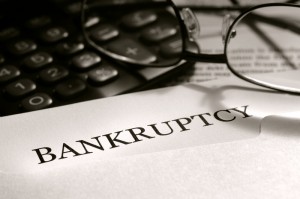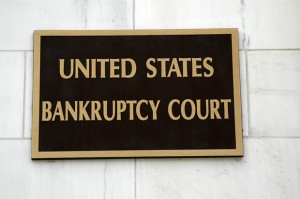 Chapter 13 bankruptcy allows debtors to reorganize their debts. Debtors file a plan with the court that states that they will make payments each month to a trustee. These plans are generally for either thirty-six or sixty months. The trustee takes the money that he receives and disburses it to the creditors as per the terms of the plan. At the end of the plan the debtor receives a discharge from all remaining unsecured debt that is eligible for discharge.
Chapter 13 bankruptcy allows debtors to reorganize their debts. Debtors file a plan with the court that states that they will make payments each month to a trustee. These plans are generally for either thirty-six or sixty months. The trustee takes the money that he receives and disburses it to the creditors as per the terms of the plan. At the end of the plan the debtor receives a discharge from all remaining unsecured debt that is eligible for discharge.
Plan payments are calculated by adding together secured claims being paid through the plan, priority claims, and the portion of the unsecured claims that the debtor is required to pay, based upon his disposable income. Sometimes debtor’s experience a drop in income during the case. This could be the result of a job loss, decrease in hours or salary, or some other reason. When this happens the first thing the debtor should do is contact their bankruptcy lawyer.
 Payments can be adjusted in Chapter 13 cases based upon changes in circumstances such as decreased income or increase expenses. For example, if the plan pays a portion of the unsecured debt then the debtor’s attorney may be able to modify the plan to lower the amount paid to the unsecured creditors. Sometimes debtors modify their plan to surrender secured property that they had intended to keep at the time the plan was confirmed, such as a car or a house. Also, plans can be modified to temporarily reduce the payment amount when the debtor experiences a temporary decrease in income.
Payments can be adjusted in Chapter 13 cases based upon changes in circumstances such as decreased income or increase expenses. For example, if the plan pays a portion of the unsecured debt then the debtor’s attorney may be able to modify the plan to lower the amount paid to the unsecured creditors. Sometimes debtors modify their plan to surrender secured property that they had intended to keep at the time the plan was confirmed, such as a car or a house. Also, plans can be modified to temporarily reduce the payment amount when the debtor experiences a temporary decrease in income.
Chapter 13 debtors may also be able to convert their case to Chapter 7. Chapter 7 allows the debtor to receive a discharge without any payments to creditors. Debtors must qualify under a means test and a review of their property and available exemptions should be conducted before conversion in order to determine the total cost of a Chapter 7 discharge.